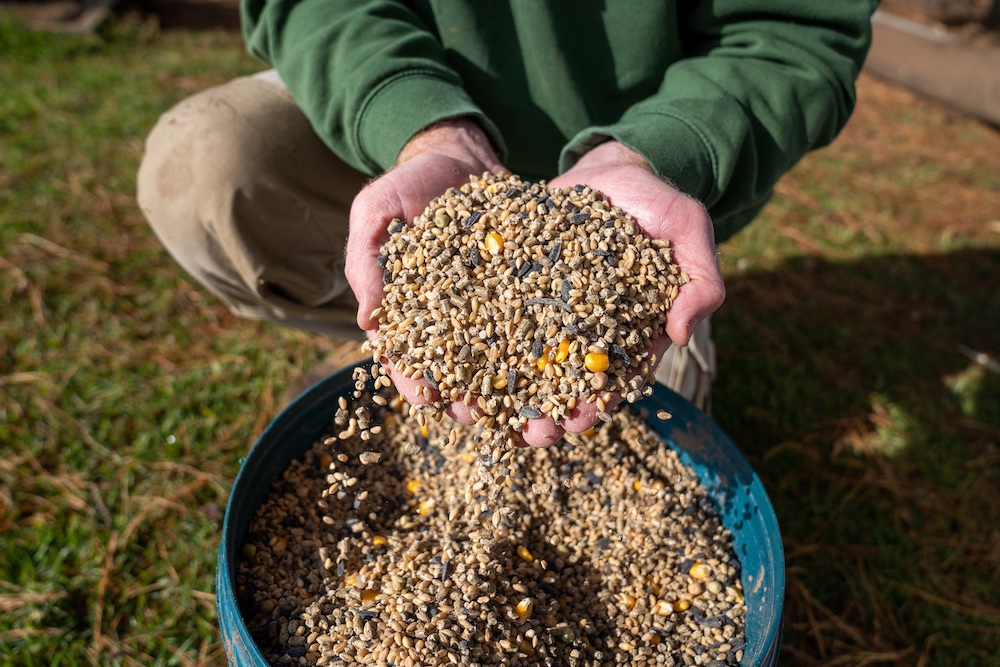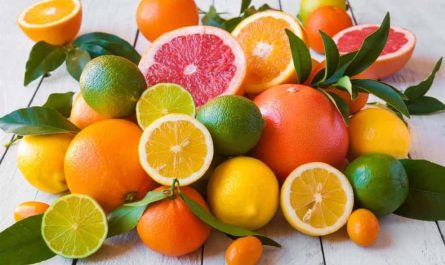Introduction
With increasing awareness around sustainability and environment protection, organic farming is gaining widespread popularity globally. One of the key aspects of organic farming is utilising organic feed for livestock. Let us explore more about organic feed and how it can help promote responsible and eco-friendly animal husbandry.
What is Organic Feed?
Organic Feed refers to feed produced through organic farming methods, without the use of synthetic fertilizers, pesticides, or GMOs. It is designed to meet the nutritional needs of
Animals In A Natural Way. Some Key Principles Of Organic Feed Include:
– No synthetic chemical inputs: Organic feed is produced without the use of synthetic pesticides, herbicides, fertilizers, antibiotics, or hormones.
– Natural Nutrient Sources: Organic feed relies on natural nutrient sources like legumes, grass pastures, dried forages and grains to meet animal nutritional requirements.
– Pasture-Based: Ruminants must graze on open pastures for their nutritional needs to be met through grazing.
– GMO-Free: No genetically modified organisms or their derivatives are allowed in organic feed production.
Benefits of Organic Feed
Environment-friendly production: Organic feed production relies on sustainable farming practices that replenish and maintain soil health without damaging the environment through chemical use. This reduces pollution, conserves natural resources and biodiversity.
Animal welfare: Organic standards mandate provision of natural living conditions and access to outdoors/pastures for animals. This allows them to exhibit natural behaviors, boosting psychological and physical well-being.
Nutritional Quality: Studies show organic feed containing higher levels of antioxidants and Omega-3 fatty acids, translating to more nutritious meat and milk for consumers. Absence of antibiotics also adds to food safety.
Sustainability: Organic systems are designed to achieve agricultural sustainability through natural nutrient cycling without dependence on external/non-renewable resources like chemicals. This ensures long-term viability.
Economic benefits: While initial conversion costs may be higher, organic operations have lower overall operating expenses due to reduced input costs. Higher market premiums for organic meat and dairy products boost farm incomes in the long run.
Demand and Growth of Organic Feed Market
The rise in organic livestock farming driven by consumer preference for chemical-residue free food as well as environmental sustainability has led to consistent increase in global demand for organic feed over the past decade. Some figures highlighting the growing organic feed market:
– The global organic feed market size was valued at $9.3 billion in 2020 and is expected to grow at 6.2% annual rate till 2028.
– In the US, organic feed sales grew by 6% annually between 2014-2019 to reach $1.4 billion according to Organic Trade Association data.
– Major organic feed crops in demand include soy, wheat/barley, corn, oats while forage/fodder crops are alfalfa and grass pastures.
– Developed regions currently dominate 75% organic feed demand but developing countries are emerging as high growth markets like China.
Challenges in Organic Feed Production and Supply
While organic feed production has significantly expanded worldwide, certain challenges still persist affecting wider adoption. Some areas that need focused attention are:
– Availability Of Organic Feed Ingredients: Shortage of quality locally produced organic feedstock remains a bottleneck, necessitating imports which drive up prices.
– Knowledge And Infrastructure: More farmer training and promotion of organic farming techniques are required. Lack of dedicated organic supply chains also impact growth.
– Input Costs: High costs of organic certification compliance and initial investments increase feed prices, making organic livestock expensive to produce compared to conventional.
– Research And Development: Further research is required especially in tropical countries on suitable indigenous organic feed formulas adapted to local agro-climatic conditions and available resources.
Overall, the multiple economic and environmental sustainability benefits of organic feed are driving its increasing role in supporting the paradigm shift towards responsible and chemical-free animal farming practices globally. With diligent efforts towards overcoming constraints around production infrastructure and input supply, organics have huge potential of becoming the mainstream animal feed choice in the future, promoting overall well-being of farms, animals and consumers alike.
*Note:
- Source: CoherentMI, Public sources, Desk research
- We have leveraged AI tools to mine information and compile it



